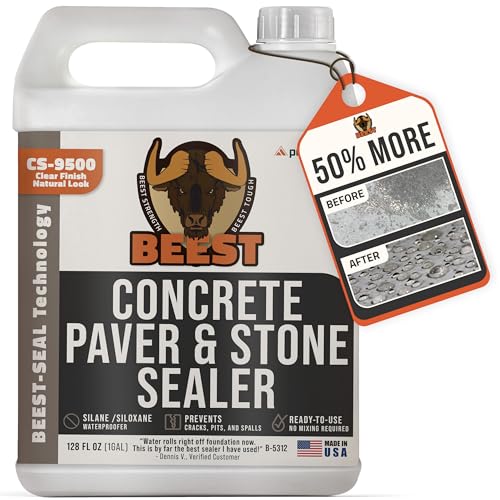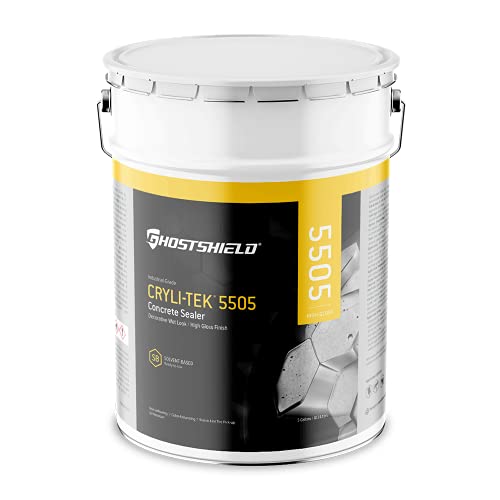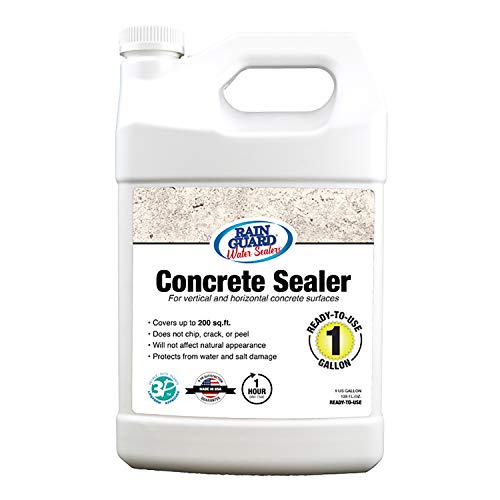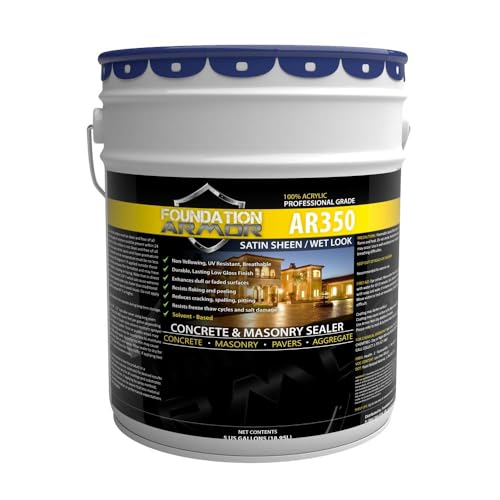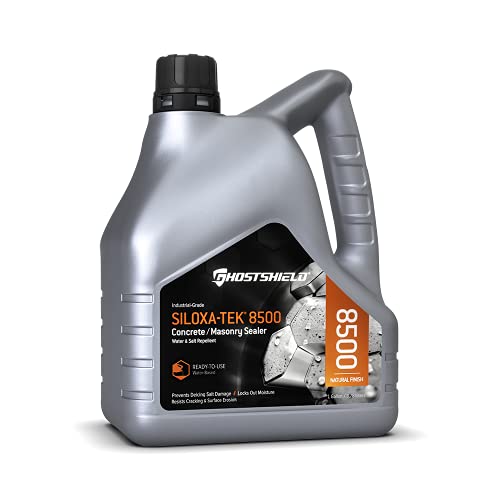Your home's landscaping is an investment that deserves luxury-level preservation, especially those expensive hardscapes. Give yourself peace of mind and protect your pavers and concrete against harsh weather, stains, and moisture damage with a trusted outdoor concrete sealer. Our team looked at many concrete sealers and ranked them based on features such as durability, drying time, and coverage area. In our research, we found BEEST Outdoor Concrete Sealer to be the top contender, boasting exceptional water resistance, a quick drying time, and the ability to cover up to 500 square feet per gallon. Read on to learn more about the BEEST brand, other top-rated concrete sealers, and what factors you should consider while shopping!
Our Top Picks
- Buying Guide: Choosing the Ideal Concrete Sealer
- Concrete Sealer FAQs
- How often should I seal my concrete?
- How do I prepare my concrete surface for sealing?
- Can I walk or drive on sealed concrete immediately after application?
- Do I need to reapply concrete sealer if water no longer beads on the surface?
- Is there a difference between indoor and outdoor concrete sealers?
- Can I apply concrete sealer to walls?
- Related Reviews
Buying Guide: Choosing the Ideal Concrete Sealer
Are you about to embark on a concrete sealing project? It can feel like a daunting task with the plethora of concrete sealers available in the market. But don’t worry, this guide will help you navigate through the crucial factors to consider and confidently choose the best concrete sealer to meet your needs.
Durability
One of the most critical aspects to consider when shopping for a concrete sealer is durability. It’s not just about buying a product that promises to last for years. It’s more about the sealer’s ability to resist weather elements, heavy foot traffic, and chemical exposure. Examine the product description to ensure it boasts of high resistance against stains, UV rays, and wear and tear. Remember, you want a concrete sealer that performs exceptionally well over time, helping you avoid frequent reapplications.
Type of Finish
Concrete sealers come in various finishes including gloss, semi-gloss, and matte. Choosing the right finish depends on the aesthetic you desire. Glossy finish sealers create a high-shine effect, illuminating your concrete surface, while semi-gloss sealers provide a more subtle shine. On the other hand, matte sealers offer a natural, unpolished look. Its crucial to remember that the finish not only affects the appearance, but can also impact the sealer’s slip-resistance.
Eco-Friendliness
In the era of climate change, the environmental impact of the products we use matters hugely. When searching for the best concrete sealer, consider those that champion eco-friendliness. Look out for products that have low VOC (Volatile Organic Compounds) levels. These sealers not only minimize harm to the environment, but also provide a safer work environment, reducing health risks associated with inhaling toxic fumes.
Price
When it comes to the best concrete sealer, price can be a significant determinant. But it’s important not to compromise on quality for affordability. High-end sealers might have a steeper price tag, but they often offer better performance and longevity. It’s better to invest in a concrete sealer that, although may cost a little more, delivers superior sealing and lasting protection.
Water-Based Vs. Solvent-Based
Another important consideration is whether to choose a water-based or solvent-based sealer. Water-based sealers are easier to apply, dry quickly, and have less odor. Meanwhile, solvent-based sealers penetrate deeper, provide a higher gloss finish, and tend to be more durable. Your choice between the two will depend on your specific needs and preferences.
Ease of Application
Lastly, consider how easy the sealer is to apply. Some products might require professional expertise, whereas others can be a do-it-yourself project. Look for a concrete sealer that aligns with your skill level. User-friendly sealers that come with clear instructions can save you time and unnecessary stress.
Concrete Sealer FAQs
How often should I seal my concrete?
It's generally recommended to reseal concrete every 1-3 years, depending on the type of sealer used and the level of wear and exposure to elements.
How do I prepare my concrete surface for sealing?
Clean the surface thoroughly, repair any cracks or damage, and allow it to dry completely before applying the sealer.
Can I walk or drive on sealed concrete immediately after application?
It's best to wait at least 24 hours before walking on sealed concrete and 48-72 hours before driving on it, depending on the sealer and weather conditions. Always follow the instructions on the packaging of your concrete sealer.
Do I need to reapply concrete sealer if water no longer beads on the surface?
Yes, when water no longer beads on the surface, it's usually a sign that the sealer is wearing off and it's time to reapply. Always inspect your concrete periodically and reseal as needed.
Is there a difference between indoor and outdoor concrete sealers?
Yes, outdoor sealers are typically formulated to withstand UV rays, temperature fluctuations, and moisture, whereas indoor sealers may focus more on aesthetics and ease of maintenance.
Can I apply concrete sealer to walls?
Yes, there are sealers specifically designed for vertical surfaces. Ensure proper application techniques to avoid runs and drips.




